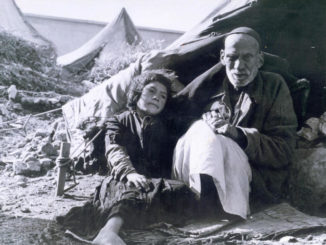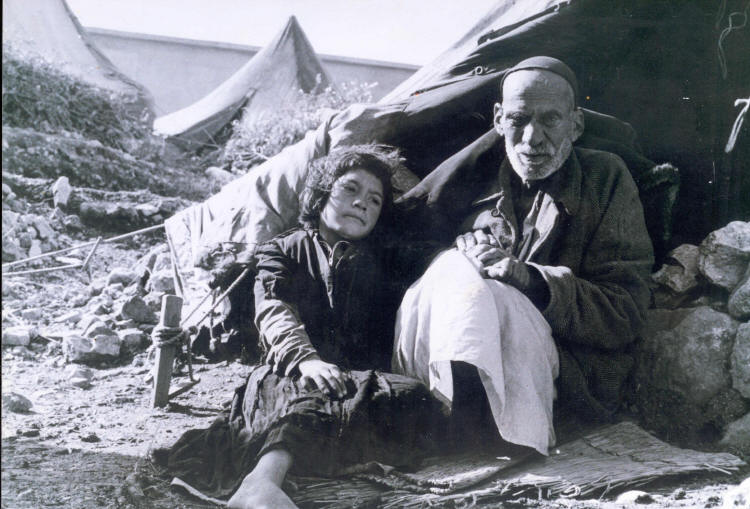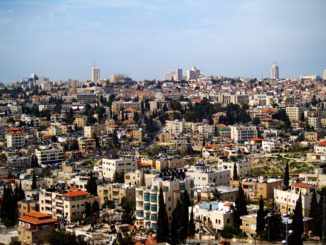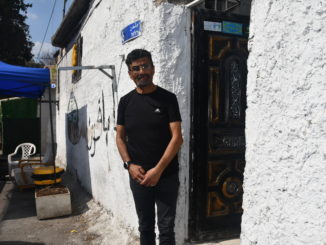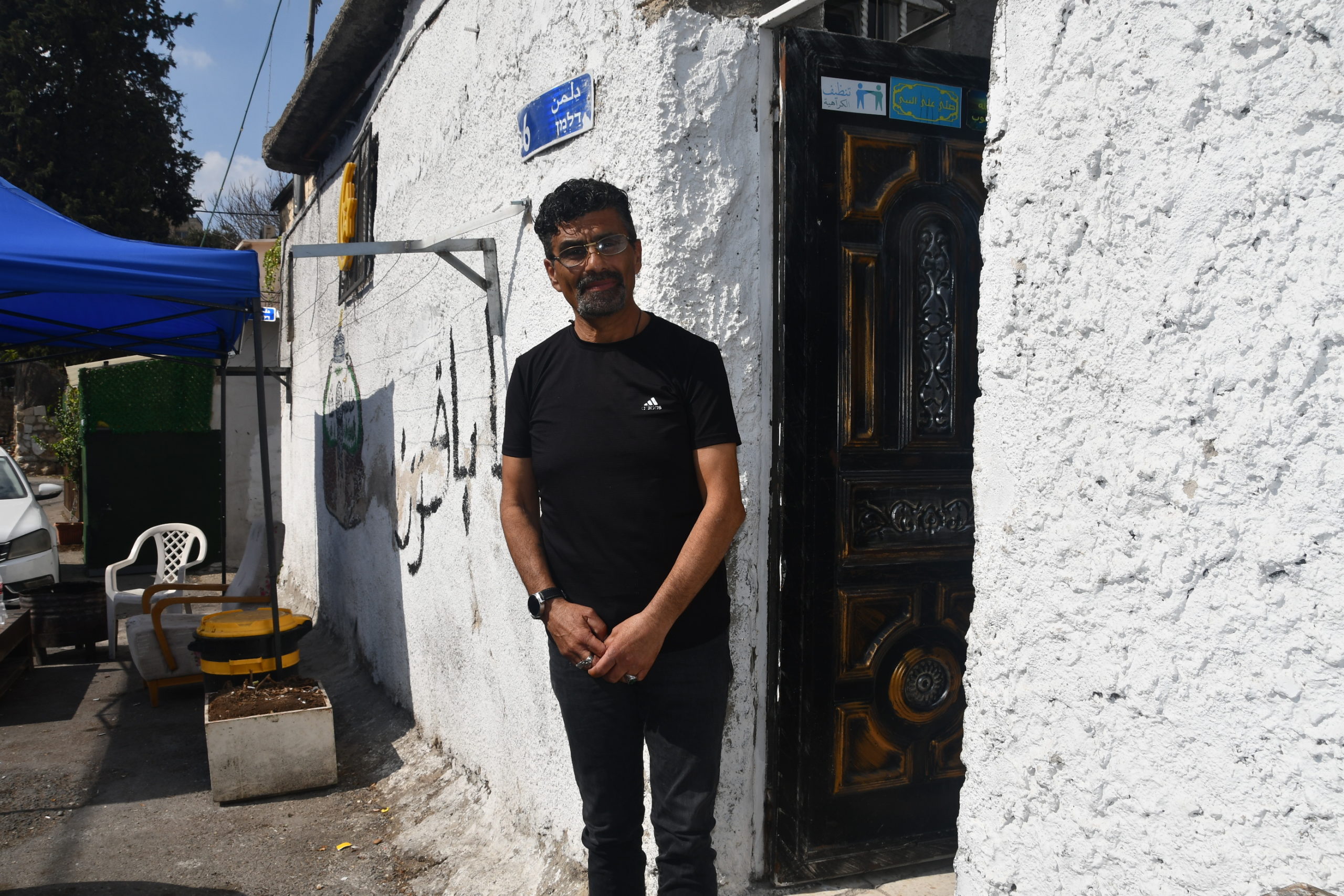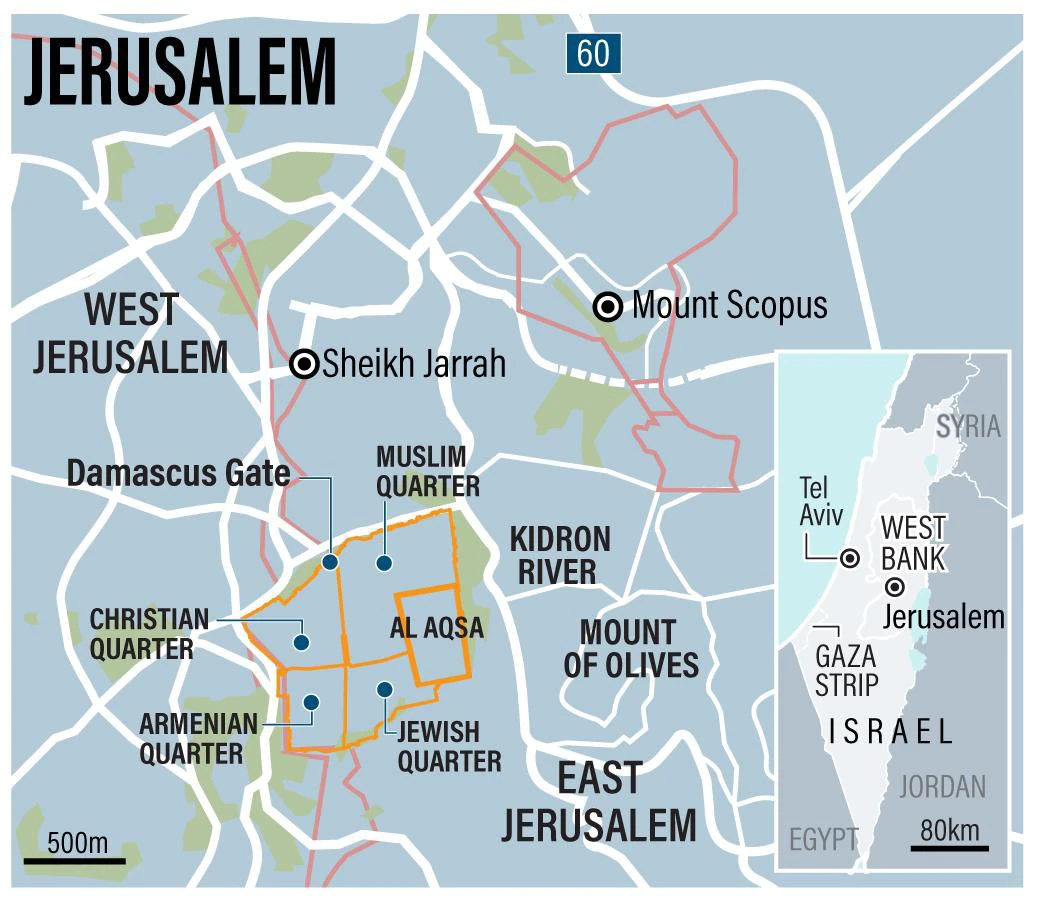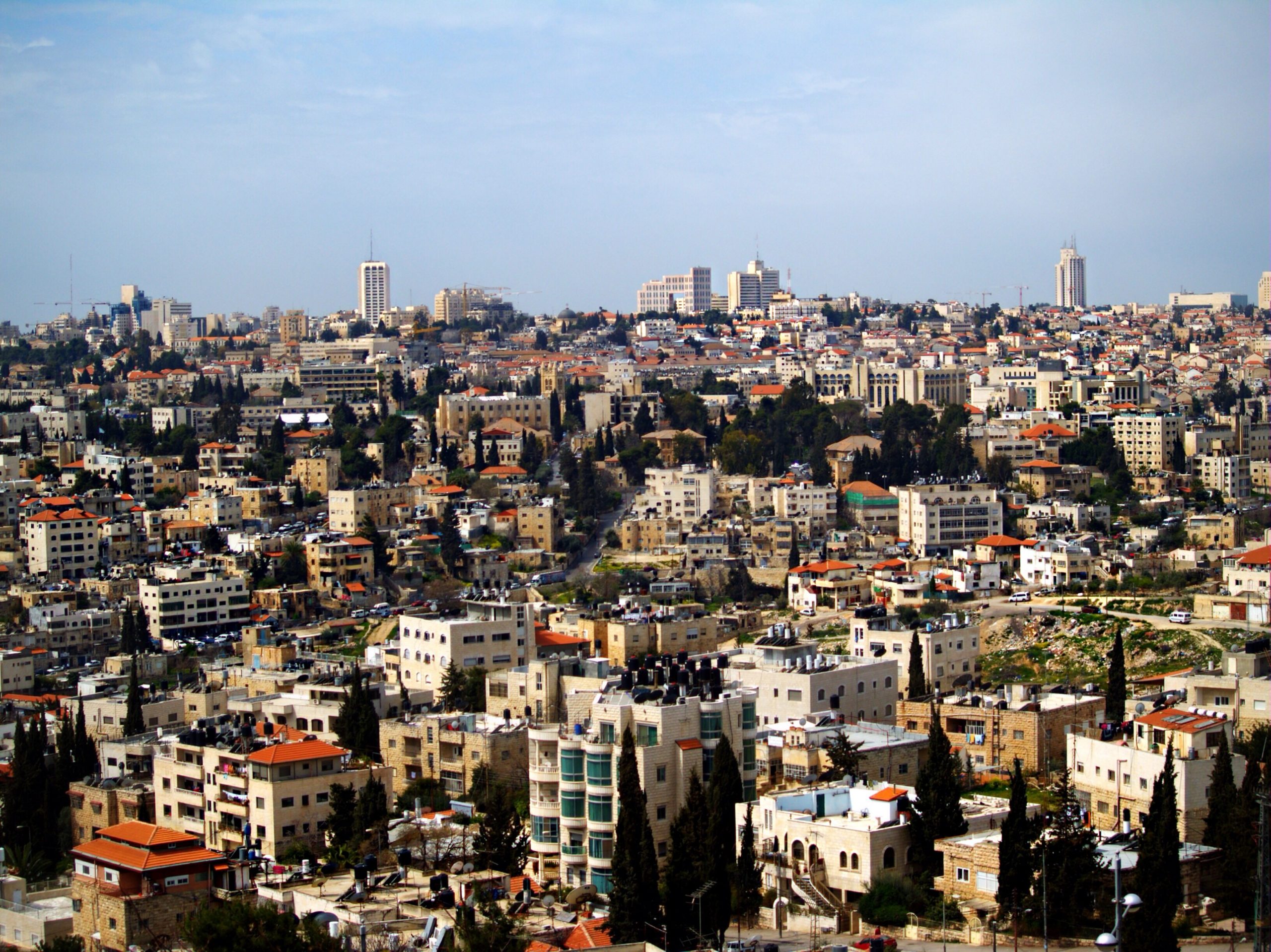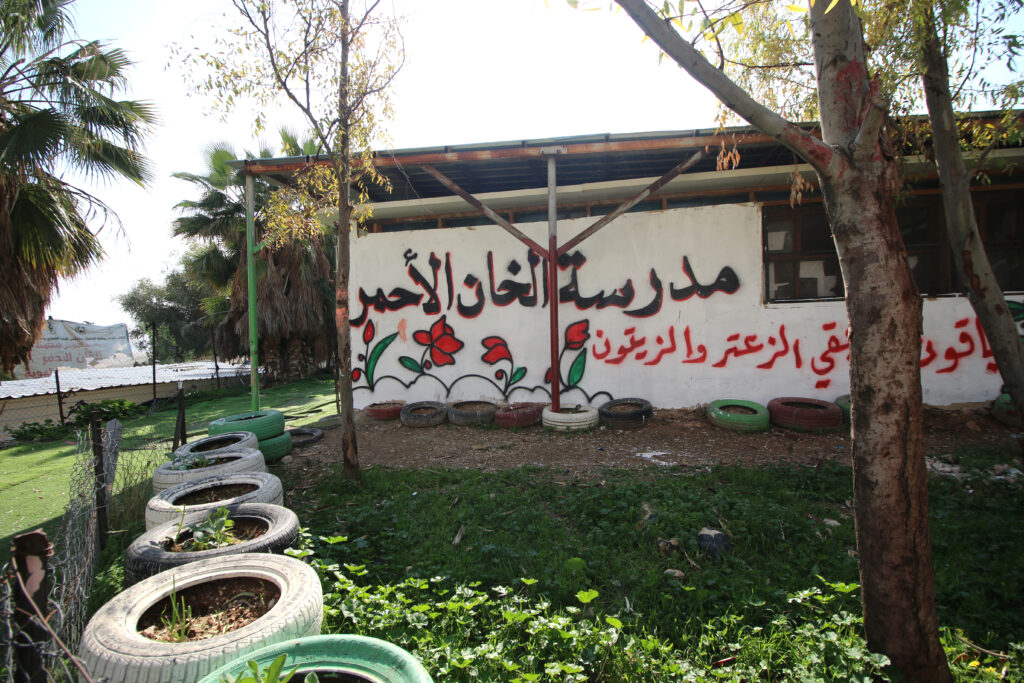
KHAN AL-AHMAR, West Bank—More than 70 years after being expelled from the Naqab Desert, Bedouins in the occupied West Bank may become refugees once again.
This month, Israel’s Supreme Court gave the government until April 2 to respond to pro-settler Israeli NGO Regavim’s request to demolish the Bedouin village of Khan al-Ahmar. In 2018, the High Court green-lighted Khan al-Ahmar’s destruction, but the government has yet to formulate a plan for carrying out the ruling.
More than half of the village’s approximately 280 residents are children attending Khan al-Ahmar’s primary school, which could soon turn to rubble if the village is razed.
Khan al-Ahmar’s students aren’t the only Palestinian children whose academic futures are under threat, however. According to the Arab Campaign for Education for All, 58 Palestinian schools serving 6,550 children, including Khan al-Ahmar’s, are currently at risk of demolition.
“When our students face the challenges of occupation, it’s not only the damage of the schools, it’s not only the arrests of teachers and students, but the psychosocial part, which reflects in the [students’] attitudes and well-being,” Sadiq Al-Khadour, spokesperson for the Palestinian Authority’s Education Ministry, told Toward Freedom.
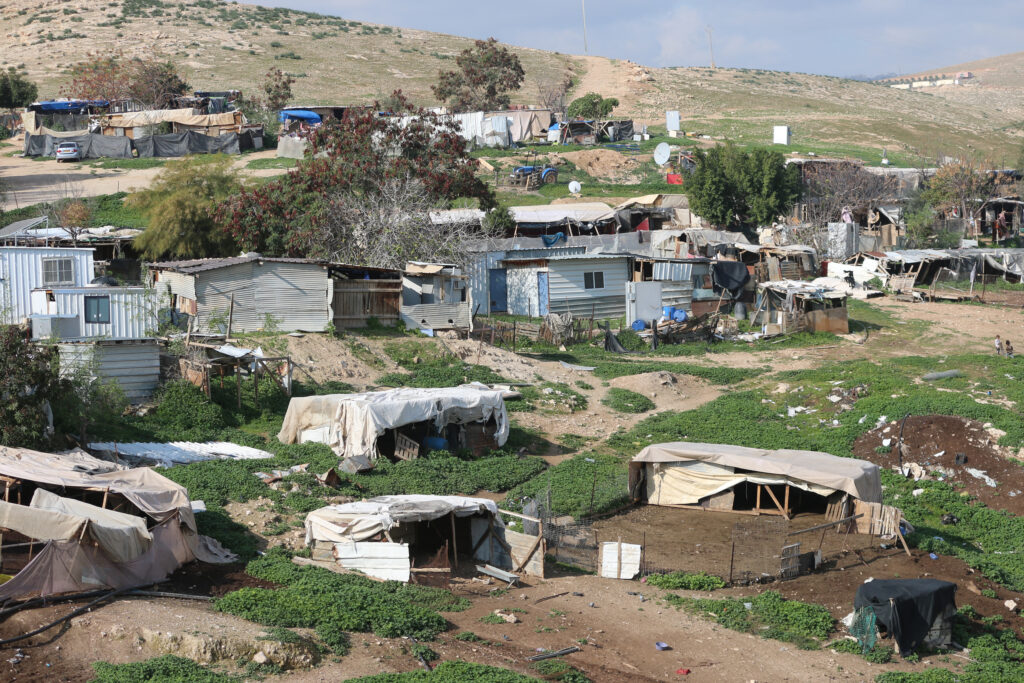
Israel Undermining Palestinian Education
Students face a myriad of obstacles while attempting to earn an education in Palestine. In addition to school demolitions, students experience detention or arrests by the Israeli army, military raids into their school, delays in their commutes due to checkpoints, and violence from Israeli settlers and soldiers on their way to school. According to the UN, students in the West Bank and occupied East Jerusalem experienced a more than 150-percent increase in education-related violations from 2021 to 2022.
Palestinian schools in East Jerusalem have had their licenses revoked for refusing to teach the Israeli narrative in their curriculum, while those who comply have received a boost in funding. According to the Education Ministry, Jerusalem schools are also the most overcrowded in Palestine, with an average of more than 37 students packed into a classroom. The average student-to-teacher ratio in Palestine is 24-1.
In the besieged Gaza Strip, Israeli missiles have destroyed academic institutions and killed teachers and students.
“This undermines students’ and teachers’ right to access the appropriate educational process,” said Tamam Mohsen, advocacy officer at Al Mezan Center for Human Rights. Mohsen’s organization, which focuses on Gaza, explained that more than 571 educational facilities were wiped out by Israeli bombs from 2008 to 2021.
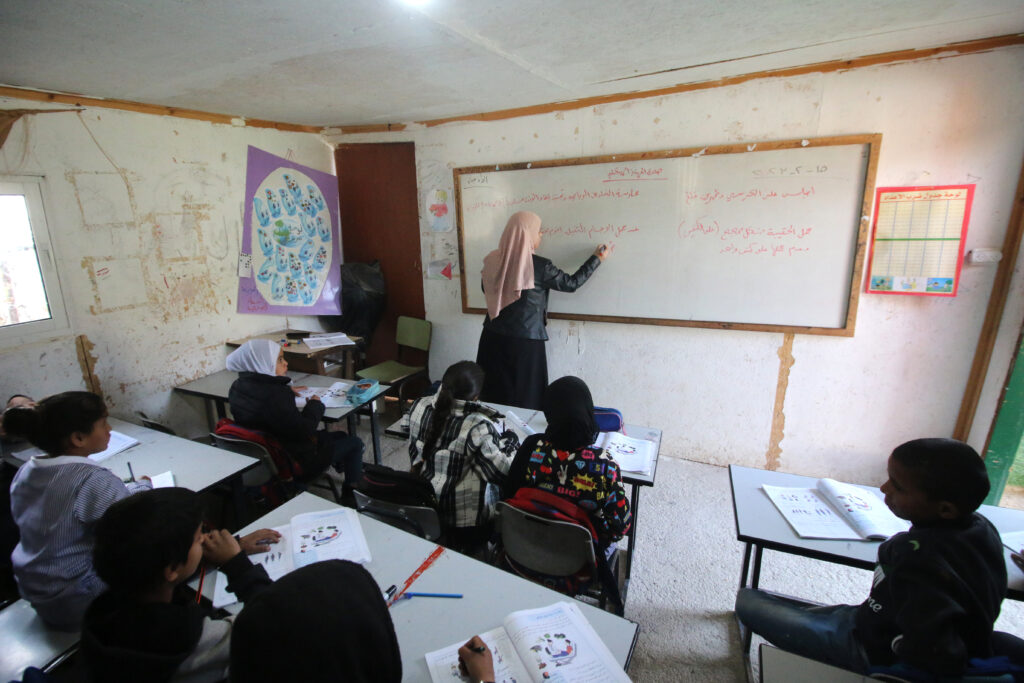
A School Born Out of Necessity
With April’s court deadline fast approaching, the Khan al-Ahmar school and the surrounding community are on edge.
“We’ve heard the news and this has put students in an unstable mood,” said Isra Zahran, who teaches mathematics to students from 7th to 10th grades. Zahran explained constant visits from NGOs and the press have distracted students.
Built in 2009, the school has become essential for Khan al-Ahmar’s children.
Headmistress Halima Zahaike explained that before the school’s establishment, children would take the arduous journey to Jericho for school while some—especially girls—would merely forgo their education.
“Today, girls who are 22 years old or more don’t even know how to write their name because they used to stay home with no education,” Zahaike said. With this clear need, the idea for a school in the heart of Khan al-Ahmar was born.
Like the majority of Palestinian villages in the Israeli-military-controlled Area C of the West Bank, Khan al-Ahmar doesn’t have a zoning plan. Therefore, any construction is deemed illegal. In order to circumvent Israeli military regulations, the school was built as a temporary structure using tires, clay, and mud. The project was built with the support of Italian non-profit Vento di Terra and the European Union.
Yet, even during the school’s construction, classrooms were razed by Israeli authorities.
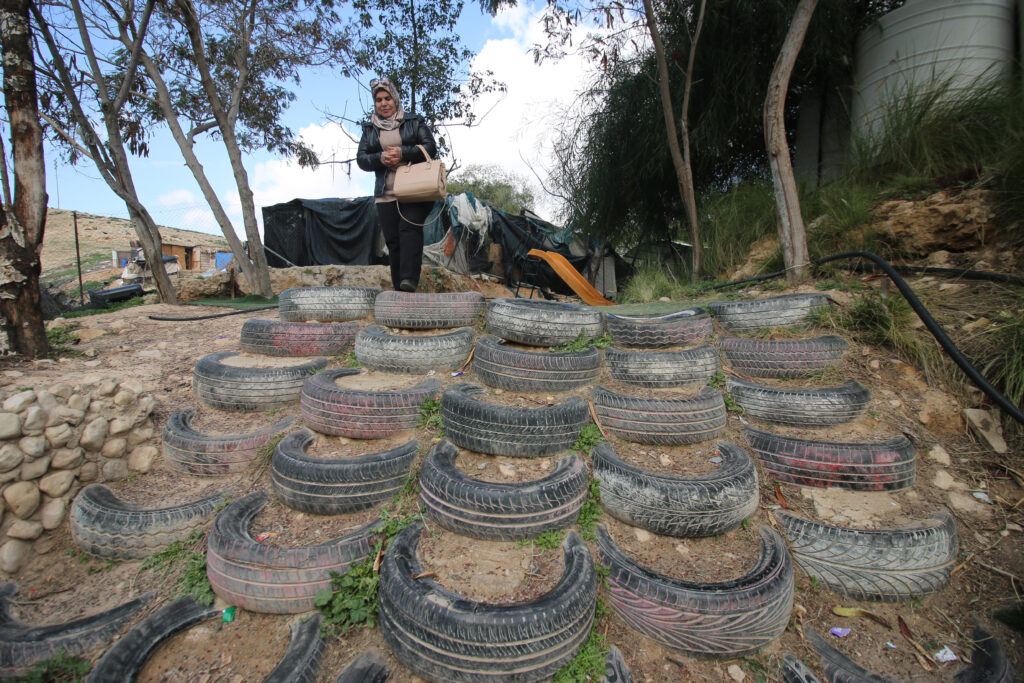
‘I Will Keep Studying Atop Rubble’
With demolition looming, Khan al-Ahmar’s students are losing their will to learn.
“Many of the students say, ‘Our school will be demolished and we’ll have to go to Jericho. I know that I can’t go to Jericho, so let’s skip,’” Zahran said. “We try to encourage them, but there’s this feeling of not being motivated because they ask themselves ‘what I’m going to do after [the demolition].’”
With these barriers to education, 25 percent of Palestinian boys drop out of school by age 15. Despite this figure, the youth literacy rate is over 99 percent in Palestine.
The feeling of resilience is palpable among Palestinian students. While Zahran appears apprehensive, past school demolitions prove Palestinians’ determination to learn.
In November, Israeli forces demolished Isfey Al-Fawqa elementary school in Masafer Yatta, a collective of rural hamlets in the southern West Bank. Days later, students were studying in tents erected above the crushed cement.
The Ministry of Education provided the tents to Masafer Yatta’s students and said they will do the same for Khan al-Ahmar if dismantled.
“If you ask any one of them, they will say, ‘We will never leave our school,’” Zahaike said of her students. “They say, ‘If it gets demolished, I will keep studying atop the rubble.’”
Jessica Buxbaum is a Jerusalem-based freelance journalist reporting on Palestine and the Israeli occupation. You can follow her on Twitter at @jess_buxbaum.

